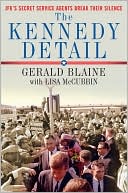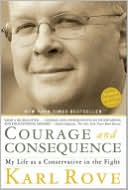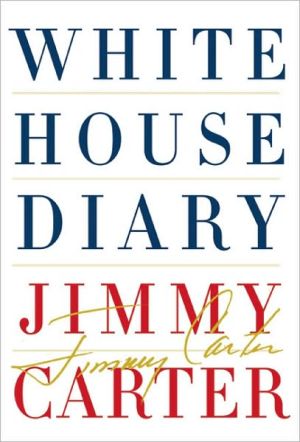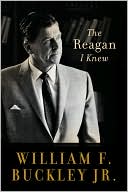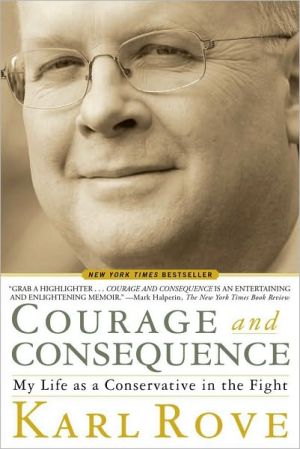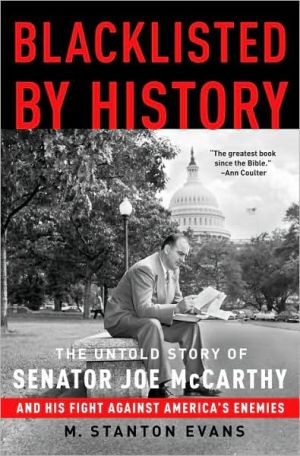Rogue States and U.S. Foreign Policy: Containment after the Cold War
President Clinton and other U.S. officials have warned that "rogue states" pose a major threat to international peace in the post-Cold War era. But what exactly is a rogue state? Does the concept foster a sound approach to foreign policy, or is it, in the end, no more than a counterproductive political epithet? Robert Litwak traces the origins and development of rogue state policy and then assesses its efficacy through detailed case studies of Iraq, Iran, and North Korea. He shows that the...
Search in google:
Litwak (Director of the Division of International Studies at the Woodrow Wilson Center) criticizes the Clinton administration's designation of certain states as "rogue" and for reliance on the concept of rogue states in dealing with both them and with European and Asian allies. Litwak examines three states in particularIran, Iraq, and North Koreaand asks why, for example, unpredictable nuclear states like India and Pakistan have not also been designated as "rogue." He also assesses the international political costs of pursuing an inconsistent and inflexible foreign policy, stating that demonizing states as rogue "perpetuates the false dichotomy that sets up containment and engagement as mutually exclusive strategies." Distributed by Johns Hopkins U. Press. Annotation c. Book News, Inc., Portland, OR Library Journal The term rogue state has been informally applied in the post-Cold War world to those governments that are acquiring weapons of mass destruction, support terrorism abroad, or have the ability to destabilize a region in which the United States has an interest. In other contexts, it is the epithet of choice for those regimes that Washington doesn't like. Litwak, director of international studies at the Woodrow Wilson Center, clearly explains the tensions created by the multiple uses of the term and uses three case studies (Iran, Iraq, and North Korea) to demonstrate how differently the term has been applied. Each case summarizes the interactions between the United States and that state, the domestic context that affected the policy of the other party, and an analysis of the resulting U.S. policy. Litwak clearly supports his thesis that the application of such a pejorative term to another government distorts U.S. policymaking and reduces the flexibility and options available to U.S. policymakers. Academic libraries will want this.--Marcia L. Sprules, Council on Foreign Relations Lib., New York Copyright 2000 Cahners Business Information.\\
AbbreviationsxiPrefacexiiiIntroduction1Part IPolicy Development1The Post-Cold War Context192U.S. Strategy toward Rogue States (1): Origins and Development473U.S. Strategy toward Rogue States (2): Assessment and Alternatives74Part IICase Studies4Iraq: Containing Saddam Hussein after the Gulf War1235Iran: Revolutionary State or Ready to Rejoin the "Family of Nations"?1586North Korea: Limited Engagement by Necessity198Conclusion238Appendix256Index279
\ Political Science QuarterlySo-called rogue states are the subject of a great deal of fuzzy thinking in U.S. foreign policy decision making, and Litwak sets out to promote a more nuanced and sophisticated foreign policy strategy... In addition to the excellent analytical framework, Litwak provides three detailed case studies—Iraq, Iran, and North Korea... This book is a must read for analysts, policy makers, and students.\ — James M. Goldgeier\ \ \ \ \ \ Journal of PoliticsLitwak's conclusions about the dichotomous nature of the American foreign policy debate have important implications for the conduct of American foreign policy.\ — Jean A. Garrison\ \ \ \ Virginia Quarterly ReviewA thoughtful and important contribution.\ \ \ \ \ Perspectives on Political ScienceA careful and thorough account.\ — Gordon L. Shull\ \ \ \ \ \ ChoiceA thoughtful critique of US foreign policy... well researched and structured.\ \ \ \ \ Foreign Service JournalFortunately, this sensible book (which should be required reading for all Foreign Service personnel and U.S. policymakers) constitutes a good 'prism' in its own right for examining the flaws of current U.S. policy, and offers a better framework for the future.\ — Harry C. Blaney III\ \ \ \ \ \ Library JournalThe term rogue state has been informally applied in the post-Cold War world to those governments that are acquiring weapons of mass destruction, support terrorism abroad, or have the ability to destabilize a region in which the United States has an interest. In other contexts, it is the epithet of choice for those regimes that Washington doesn't like. Litwak, director of international studies at the Woodrow Wilson Center, clearly explains the tensions created by the multiple uses of the term and uses three case studies (Iran, Iraq, and North Korea) to demonstrate how differently the term has been applied. Each case summarizes the interactions between the United States and that state, the domestic context that affected the policy of the other party, and an analysis of the resulting U.S. policy. Litwak clearly supports his thesis that the application of such a pejorative term to another government distorts U.S. policymaking and reduces the flexibility and options available to U.S. policymakers. Academic libraries will want this.--Marcia L. Sprules, Council on Foreign Relations Lib., New York Copyright 2000 Cahners Business Information.\\\ \

